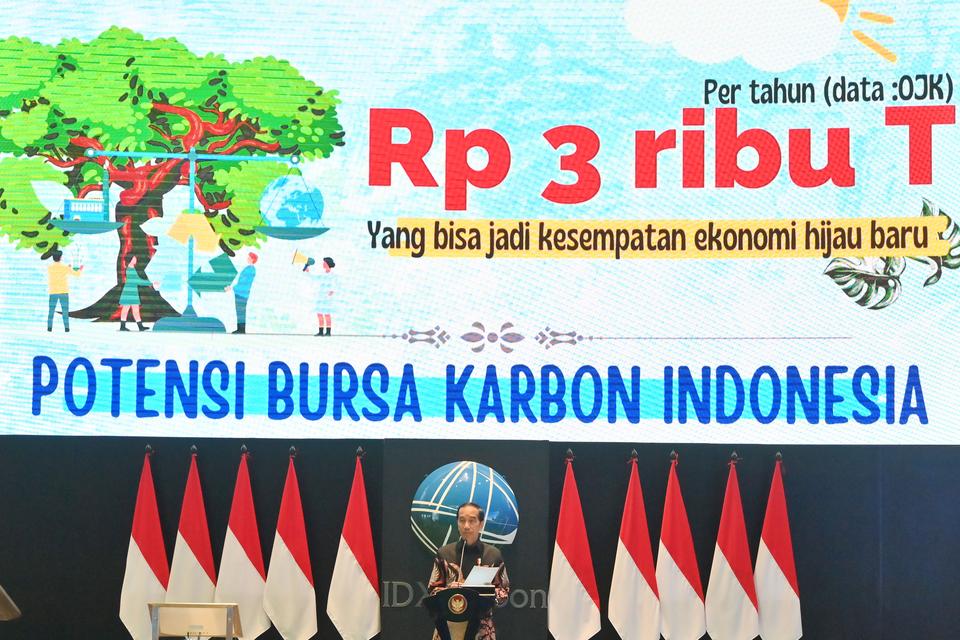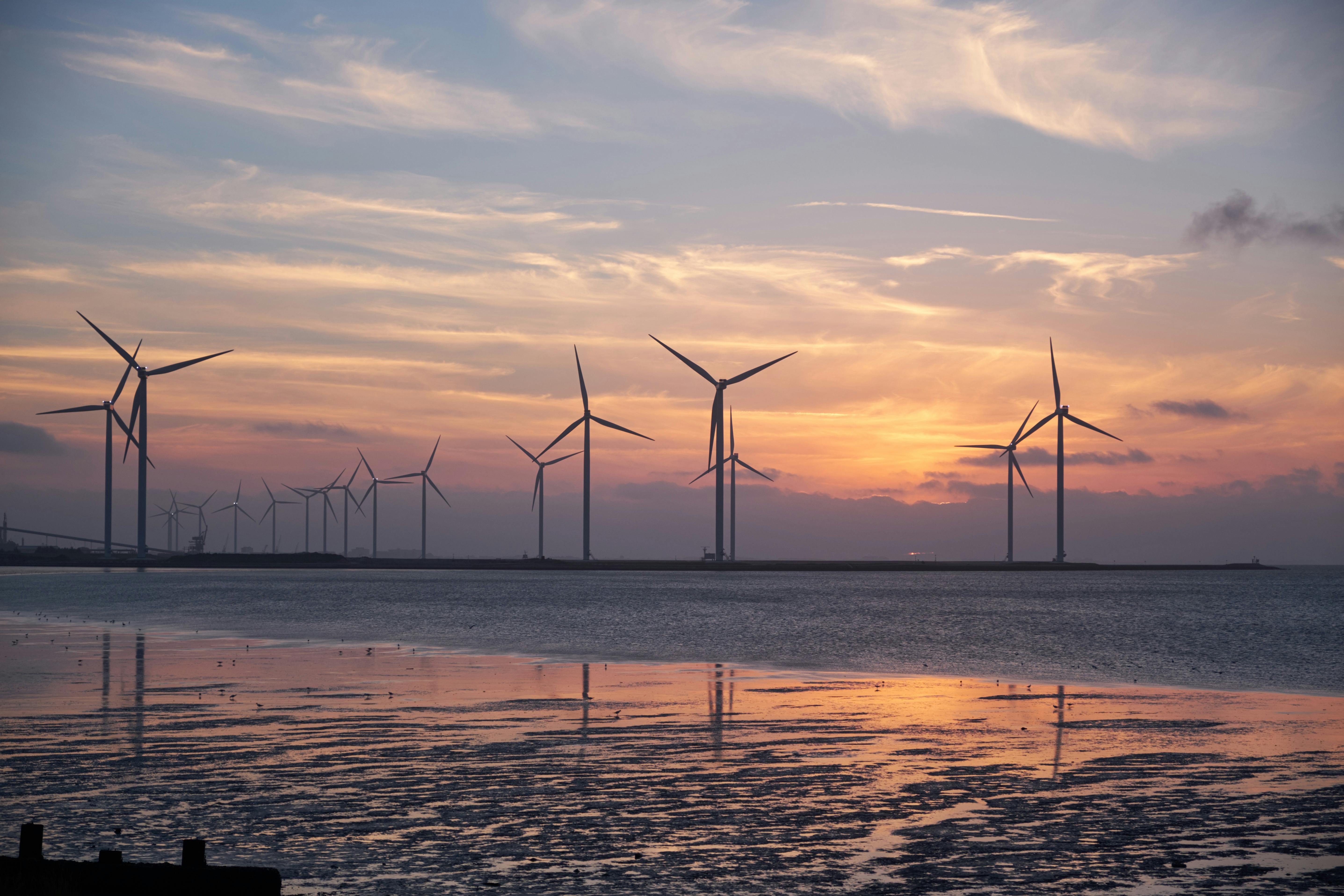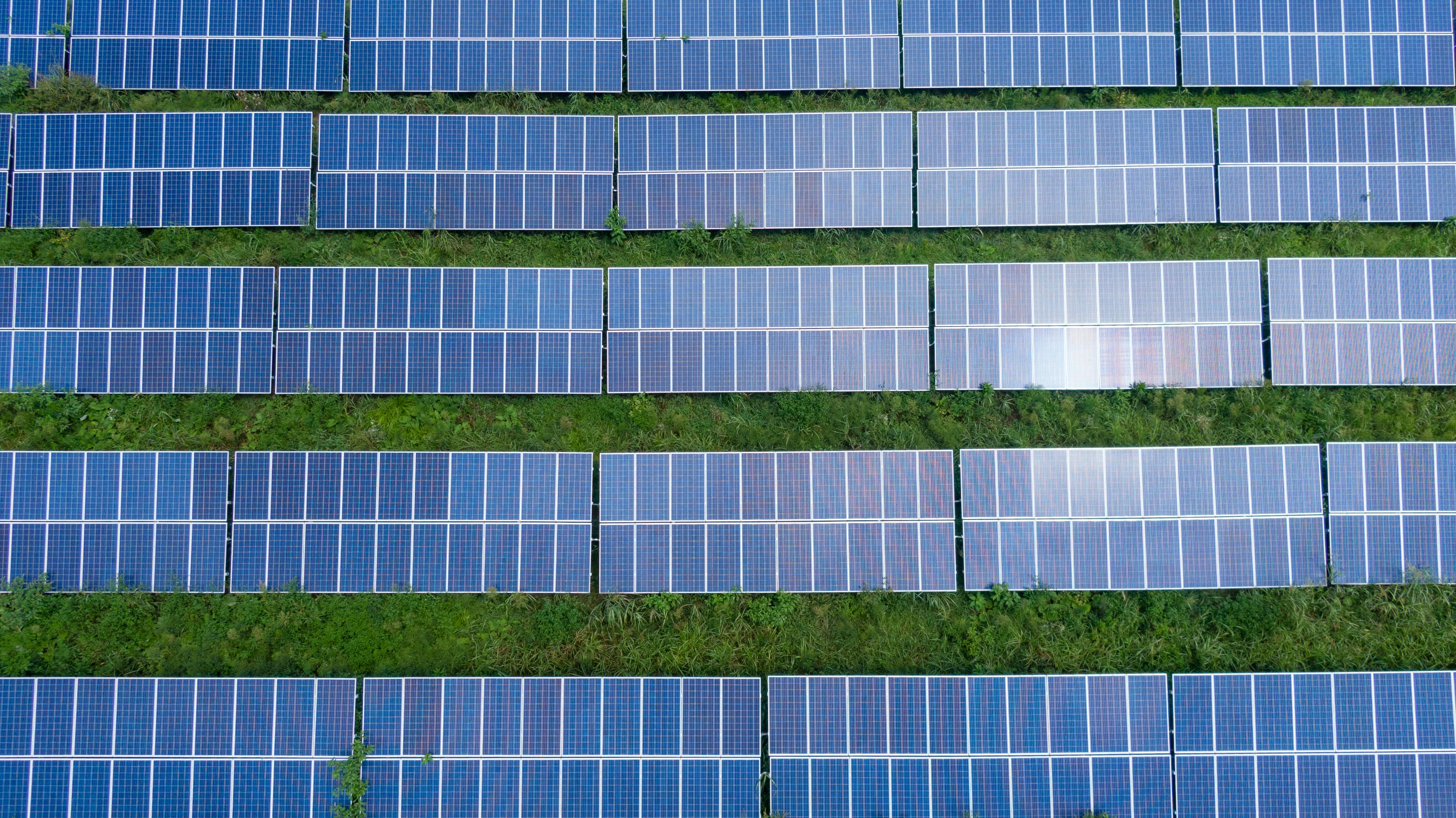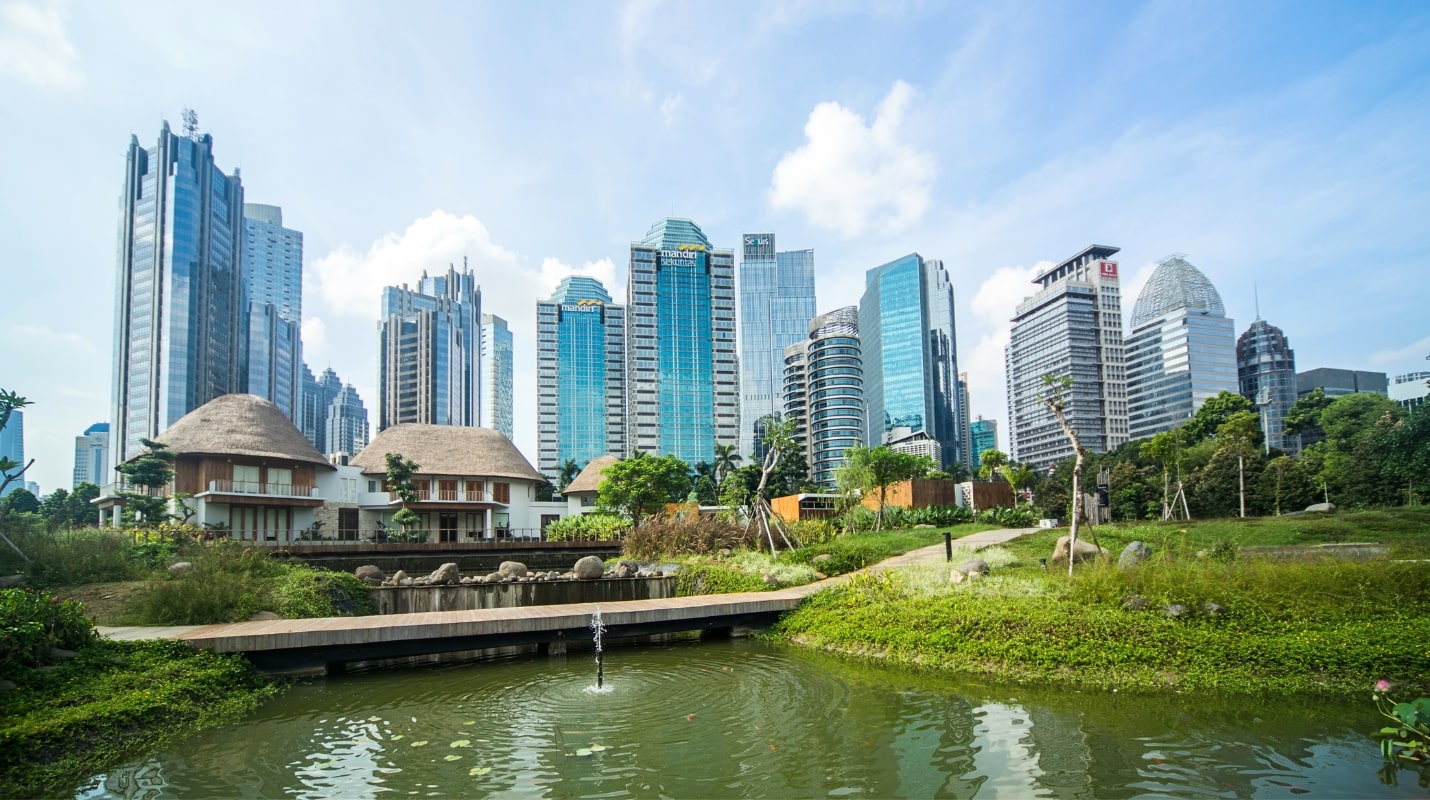Low carbon development is the government's commitment to achieving Net Zero Emissions by 2060. As part of this endeavor, the Indonesian government, facilitated by the Indonesia Stock Exchange, officially launched the Indonesia Carbon Market (IDX Carbon) on 26 September 2023. This initiative offers a platform for corporations and project developers to participate in carbon trading activities, following successful testing at various coal-fired power plants in 2021.
Fig 1. President Jokowi shared the potential of carbon exchange in Indonesia at the inauguration of IDX Carbon.
On this inaugural day, transactions amounting to 29.2 billion rupiahs were recorded. PT. Pertamina Power Indonesia exclusively served as the seller, offering a total of 460 thousand tons of carbon dioxide equivalent. These emissions originated from PT Pertamina Geothermal Energy's geothermal operations in Sulawesi. The trading prices ranged from 69,600 to 77,000 rupiah (approximately USD 4.30 - 4.49/t). Buyers encompassed prominent banks, mining firms, various Pertamina subsidiaries, and a handful of startups.
Within the IDXCarbon marketplace, trading units include PTBAE-PU (allowances under respective sector cap-and-trade mechanisms) and SPE-GRK (emission reduction certificate), providing entities with the flexibility to acquire greenhouse gas emission reductions (offsets) from the energy sector. In addition, The Indonesia Carbon Exchange has introduced four standardized carbon units (SPE-GRK) v13-23 for trading on the IDXCarbon platform including Indonesia Nature-Based Solution (IDNBS), Indonesia Nature-Based Solution International Standard (IDNBSI), Indonesia Technology-Based Solution (IDTBS), and Indonesia Technology-Based Solution International Standard (IDTBSI).
How Important GHG Emission Data Transparency in the Carbon Market
The Indonesia Carbon Exchange could be the game-changing to boost our action in tackling the climate change impact. On the other hand, this could lead us to a generic problem, greenwashing. Based on the JP Morgan Carbon Market Principle, there are four main challenges in the carbon market implementation including the quality supply, market integrity, market complexity, and market maturity.
Fig 2. Carbon Market Challenges (JP Morgan)
These challenges began with the importance of transparency in GHG emission data publication by companies both the emitens and buyers. This GHG information disclosure is a universally applicable principle in international carbon markets that must be implemented by issuers or public companies that sell their securities to the public as well as the buyers of the trading units.
The Importance of GHG Emission Data Transparency
Accountability: Transparent data reporting holds entities accountable for their emissions (scope 1-3). It encourages them to actively work towards emission reductions in their business operations - not just offsetting.
Informed Decision-Making: Access to accurate data empowers policymakers, investors, and businesses to make informed decisions on carbon reduction strategies.
Global Commitments: GHG emission data transparency showcases Indonesia's commitment to global climate goals, such as the Paris Agreement.
Market Credibility: A transparent carbon market attracts international investments and collaborations, bolstering its credibility.
Climate Change Mitigation: Effective carbon markets, fueled by transparent data, play a pivotal role in mitigating climate change by incentivizing emission reductions.
Today, 28th September was recognized as International Right to Know Day (IRTKD), celebrating citizens' rights to access public information. Ensuring this right strengthens government accountability, encourages public involvement in policy development and implementation across various sectors, and fosters a healthy and robust democracy. This will be a reminder, an alarm for all carbon market stakeholders to disclose Greenhouse Gas (GHG) Emission Data and mitigate potential fraud that might happen along the carbon market journey, instead of only disseminating positive information about the Indonesia carbon market.
Green Washing Challenges and the Way Forward
Despite progress, challenges persist, with reluctance from some entities to share emissions data. Amid these positive developments, the specter of greenwashing looms. Greenwashing refers to the deceptive practice of presenting a misleadingly positive image of an organization's environmental efforts. In the context of the carbon market, greenwashing could involve overstating emission reductions or making false claims about environmental responsibility. It is crucial for Indonesia to continue emphasizing the importance of data transparency. The success of carbon markets and the country's climate goals hinge on active participation and open reporting.






